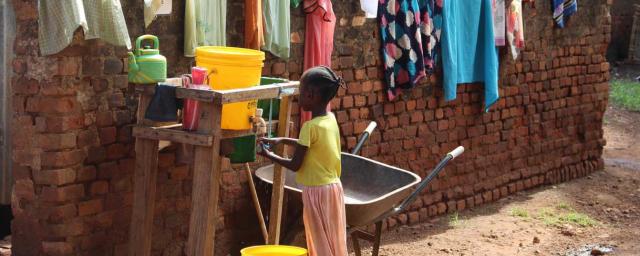

Following decades of fighting, South Sudan formally became an independent state in July 2011. There was a high expectation for growth and many believed they would not see another conflict in the country they fought so hard and so long for. However, war erupted in Juba in mid-December 2013 and quickly transformed into a national, political and ethnic crisis.
Since then, over 4 million people have been displaced. Of these 2.5 million have fled to neighboring countries, mainly Ethiopia, Kenya, Sudan and Uganda. The crisis has made it hard for people to plant crops, disrupted livelihoods and markets and forced host and displaced communities to share the little they do have, leaving half the population facing extreme hunger. This is the biggest refugee crisis in Africa.
Oxfam in South Sudan
Oxfam has been working in South Sudan for over 30 years. We have a strong and established team working tirelessly from 10 bases across the country, providing essential services and helping to keep people alive.
Saving lives, now and in the future
Oxfam is working in South Sudan to deliver timely and effective humanitarian aid to help people affected by the conflict. Oxfam is currently supporting over 500,000 people with humanitarian assistance including clean water, hygiene facilities, food, fuel and income support.
Building resilience
Oxfam is striving to help people get back on their feet. We are making sure children don’t miss out on education, supporting people to establish and rebuild trades and livelihoods, and helping communities to set up and run local infrastructure, including water treatment facilities.
Supporting women
Sexual violence is under-reported in South Sudan, but in reality, is rife and often used as a weapon of war. Oxfam is helping women to access medical support and legal advice and providing safe spaces where they can come together to hold authorities to account and push for their rights to be respected.
We provide women, who usually take responsibility for running households but receive little decision-making power, with opportunities to gain economic independence through agriculture and trade.
Good governance and active citizenship
We work with civil society and local and state authorities to empower communities to engage with traditional, local and national power-holders and promote accountability in the institutions and systems that affect their lives.
We are pushing for poor and marginalized communities to have influence over the decisions that affect them, more control over their natural resources and a bigger say in ending local and national conflicts.